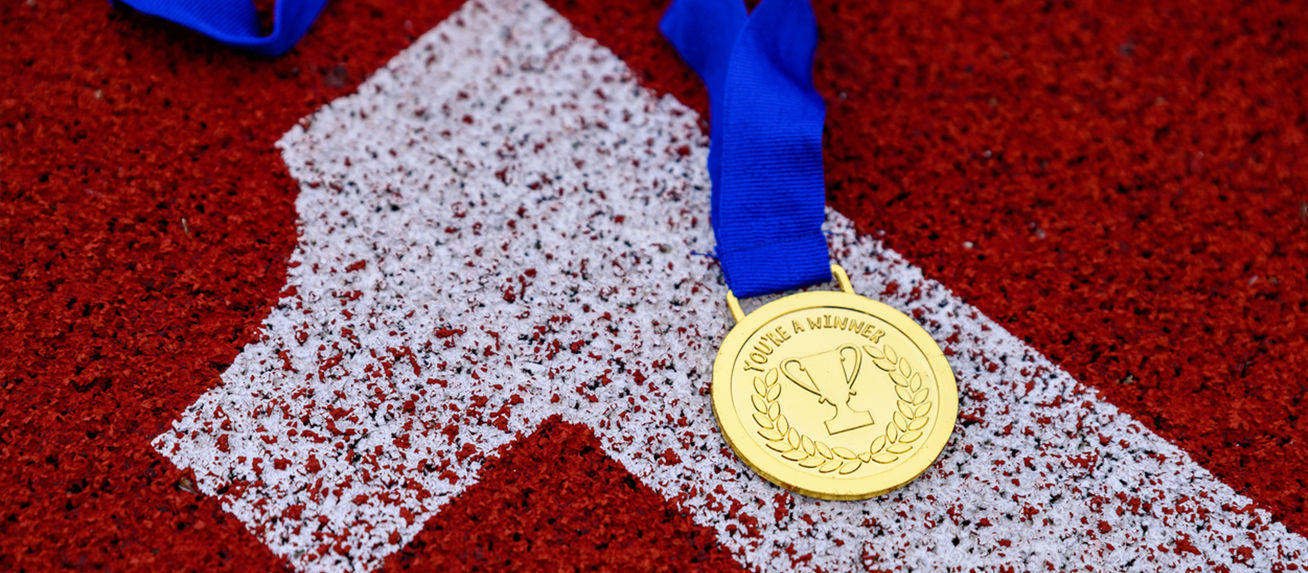Wellness tip: Tips to Help Break the Cycle of Conflict
Breaking the cycle of conflict requires intention and three core skills: reflective listening, self-awareness, and assertive communication.
1 min read
 Sample HubSpot User
July 30, 2024
Sample HubSpot User
July 30, 2024

With the Olympics being broadcast across the globe, Team GB’s lead psychologist Jess Thom gives us her advice on how to boost focus and performance. You don't have to be an athlete to benefit from these top tips:
Mindfulness
Athletes are encouraged to recognise that they do not have control over their feelings but also that their feelings need not dictate their actions. The approach applies as much to enhancing training as to event-day performance.
“You might not be on the 100-metre start line at the Olympics but your brain is your brain,” says Team GB’s Jess Thom. “If you’re going to give a presentation to the boardroom or something like that, it’s equally applicable and important.”
Contingency planning
Athletes are encouraged to come up with a “what if” list to minimise the chance of being thrown off by something unexpected on the day, from forgetting a piece of kit to a rival trying to wind them up.
The aim is to have simple actions they can fall back to remain focused on executing the gameplan. “Notice the impact it’s had on you, and if it’s pulled you away from your set process. Refocus, come back to the here and now, and engage in your strategies for best performance,” says Thom.
Visualisation
Gabby Thomas, the US sprinter and 200-metre sprint favourite, has described picturing her race from start to finish, complete with celebration, and evidence suggests this can be a powerful way to boost performance.
Neuroscience studies reveal that visualising doing a skill fires the same pathways in the brain as while physically performing.
Thom says: “It’s really helpful to do visualisation as it acts as a free practice run. I always caveat that with the fact that it is a skill that takes time to build, and it is important that athletes visualise in the correct way. Otherwise, they increase the chance of executing the skill incorrectly.”
Managing the post-Olympic comedown
Athletes such as Michael Phelps and Simone Biles have shared their mental health struggles after the highs of Olympic gold medal success.
To navigate the emotional rollercoaster, Team GB psychologists help athletes manage expectations about what medal success or disappointment will mean.
According to Thom, athletes are increasingly encouraged to have interests outside their sport, so they are not left feeling they have lost their sole sense of purpose after the games, ideally stronger and wiser for the experience.

Breaking the cycle of conflict requires intention and three core skills: reflective listening, self-awareness, and assertive communication.

We all know how important a good sleep is to our overall health and wellbeing, here are three science-backed tips to help you stay asleep through the...

Volunteering isn't just about giving, it’s a powerful strategy for boosting mental health, offering profound benefits for both you and your...